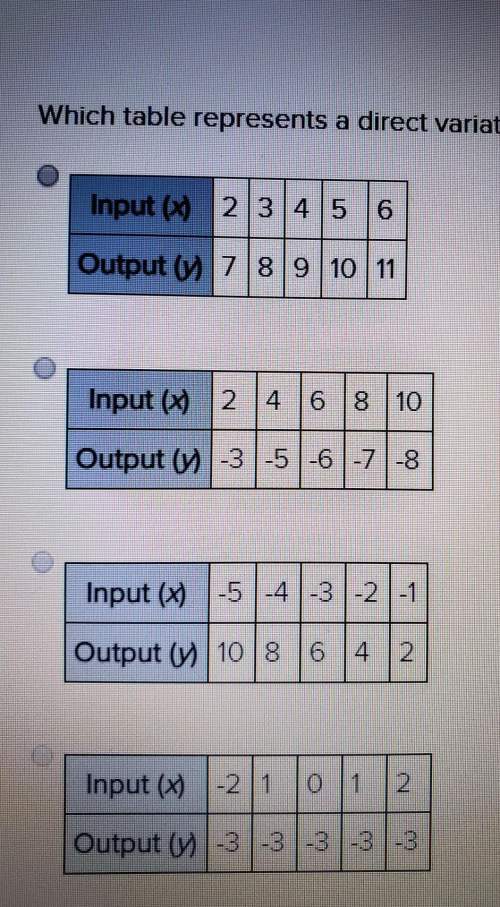
Mathematics, 28.02.2020 19:25 rose200215
Many games depend on how a ball bounces. For example, if different basketballs rebounded differently, one basketball would bounce differently off of a backboard than another would, and this could cause basketball players to miss their shots. For this reason, manufacturers have to make balls' bounciness conform to specific standards. Listed below are "bounciness " standards for different kinds of ball. Tennis balls: Must rebound approximately 111 cm when dropped from 200 cm. Soccer balls: Must rebound approximately 120 cm when dropped from 200 cm onto a steel plate. Basketballs: Must rebound approximately 53 .5 inches when dropped from 72 inches onto a wooden floor. Squash balls: Must rebound approximately 29 .5 inches when dropped from 100 inches onto a steel plate at 70∘F Discuss with your team how you can measure a ball's bounciness. Which ball listed above is the bounciest? Justify your answer.

Answers: 3


Another question on Mathematics

Mathematics, 21.06.2019 18:00
Write an equation in slope intercept form of the line passes through the given point and is parallel to the graph of the given equation (0,0); y=3/8 x+2
Answers: 1

Mathematics, 21.06.2019 21:30
The expression 1.01*1.005(^t) gives the amount of money, in thousands of dollars, in carter's savings account (t) years after he opens it. what does 1.01 represent in this expression?
Answers: 1

Mathematics, 21.06.2019 22:00
Find the greatest common factor of the followig monomials 46g^2h and 34g^6h^6
Answers: 1

Mathematics, 21.06.2019 22:00
Which statements describe the solutions to the inequality x< -20 check all that apply. there are infinite solutions. each solution is negative. each solution is positive. the solutions are both positive and negative. the solutions contain only integer values. the solutions contain rational number values.
Answers: 1
You know the right answer?
Many games depend on how a ball bounces. For example, if different basketballs rebounded differently...
Questions

Mathematics, 30.07.2021 02:10







Mathematics, 30.07.2021 02:10





Computers and Technology, 30.07.2021 02:10










